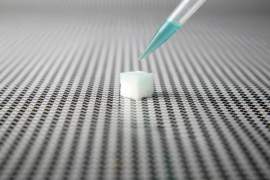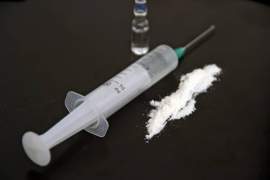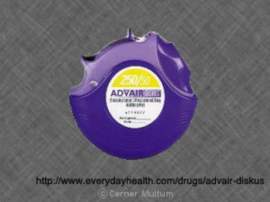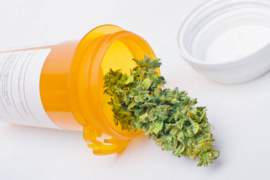
PCP
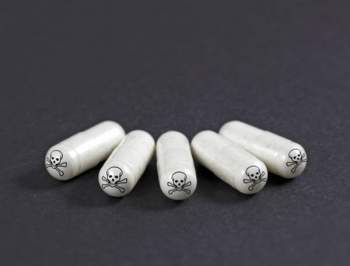
PCP as an Illegal Drug
Phencyclidine, or 1-(1-phenylcyclohexyl) piperidine which is often shortened to PCP, is a dissociative recreational drug that was formerly used legally as an anesthetic agent.Other names for PCP include black dust, cliffhanger, crystal t, dust joint, happy sticks, kools, lethal wapon, magic just, paz,Peter Pan, and trank.
PCP is an illegal drug in the United States. Under the Controlled Substance Act, it is a Schedule II drug. Like methamphetamine and cocaine, which are other Schedule II drugs, PCP has a high risk for abuse. Abusing PCP or other Schedule II drugs can lead to severe physical or psychological dependence.
PCP was first developed in 1926 in Germany, but was patented in 1952 as Sernyl by Parke-Davis pharmaceutical company as an intravenous dissociative anesthetic. However, because of its side effects of making patients delusional, irrational, and agitated, it was discontinued and taken off the market. Today PCP is used as an illegal recreational drug because of the hallucinogenic effects.
PCP is a white crystalline powder that is bitter tasting and can be easily dissolved in alcohol or water. It can also be dyed many different colors and is most often sold as a capsule, tablet, powder, or liquid.
It is typically abused by swallowing the capsules or tablets, snorting the power, or smoking it through application of the powder to a leaf like mint, parsley, oregano, or marijuana. It is also being used more and more in conjunction with cigarettes or marijuana by having it in liquid form and dipping the marijuana or cigarettes in it and proceeding to smoke it.PCP is a very addictive drug whose use often results in cravings, compulsive behavior, and psychological dependence. It also produces certain unpleasant psychological effect that can cause users to become suicidal or violent.
PCP in high dosages can result in coma, seizures, or potentially death due to accidental injury or suicide due to the drug's effects. The effects can also resemble those associated with schizophrenia, such as paranoia and delusions.
Other effects of PCP when used on a long-term basis include difficulty with thoughts or speech, depression, memory loss, and weight loss. These issues can continue for up or beyond a year after an individual stops using PCP.
PCP is especially risky young people. Moderate use of PCP can be enough to negatively affect the normal growth and development as well as disrupt the learning process in teenagers.According to the studies by the National Household Survey of Drug Abuse, nearly 6 million residents who are at last 12 years old have tried PCP at least once. Furthermore, many young adults and teenager have tried the drug once as well.
High school students are one of the greater users of PCP, where more than 3 percent seniors in high schools have used PCP at least once in their lives, and more than 1 percent of students have used it in within the last year.





